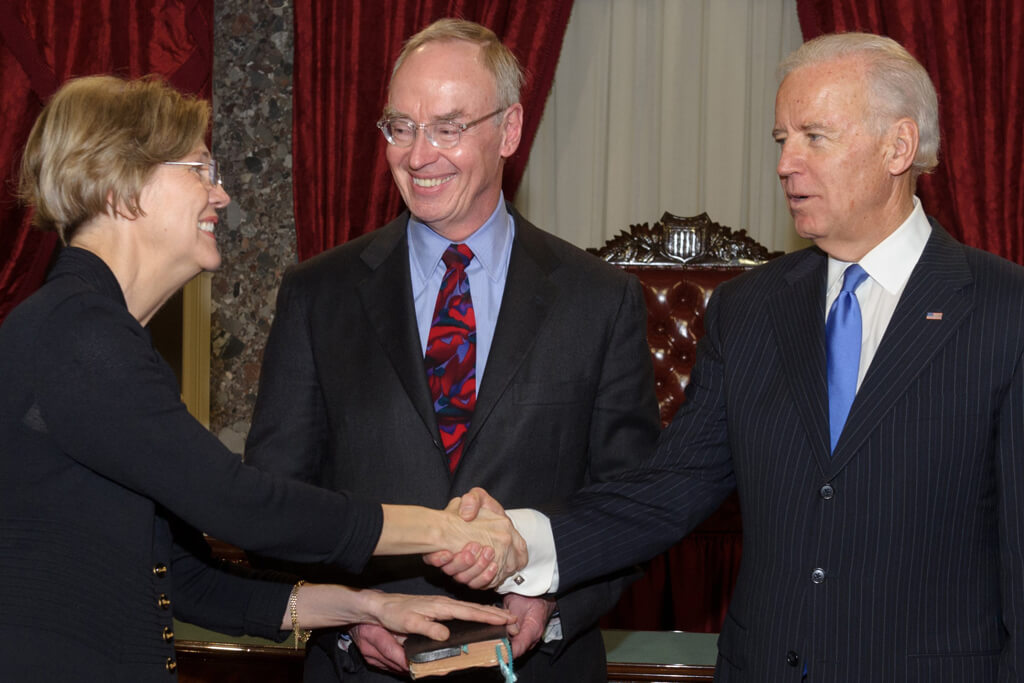As the CEO of CIRRIUSbusiness.com, a digital marketing agency, I have witnessed firsthand how rising costs in web infrastructure ripple through the digital ecosystem. When I came across Elizabeth Warren’s recent call to scrutinize Verisign’s monopoly over .COM domain pricing, I realized this issue isn’t just about corporate oversight—it’s about the very foundation of the internet and the businesses that rely on it.
Let’s dive into what’s happening with Verisign, why it matters to digital marketers, and what actions businesses like ours should consider.
What Is Verisign and Why Should You Care?

Verisign is the exclusive operator of the .COM domain registry. This means they hold the keys to the kingdom of internet real estate. Whether you are a small business launching your first website or a multinational corporation maintaining hundreds of domains, chances are, Verisign is behind it.
In 2020, the U.S. government granted Verisign the ability to raise .COM domain prices by up to 7% annually over four years. While that may seem like a small percentage, these incremental increases add up—especially for businesses managing dozens or even hundreds of domains.
For small businesses, startups, and digital marketers, these costs directly impact budgets allocated to online visibility, ad spend, and other critical marketing efforts.
Verisign has squeezed customers to enrich its investors while doing little to improve service.
Senator Elizabeth Warren
Given the authoritative role Verisign holds, it is essential to understand the implications of this domain monopoly for businesses and digital marketers. Firstly, consider the competitive landscape of the internet. One of the core tenets of capitalism is competition, but when there’s a single entity controlling an entire market – in this case, the .COM domain registry – it has far-reaching effects on competition. For instance, businesses might have to settle for less desirable .net or .org domains if .com prices continue to rise, potentially affecting their brand and online visibility.
As .COM prices increase, the cost of doing business online may become prohibitive for some, especially smaller ventures, startups, or businesses in economically disadvantaged regions. This can stifle innovation and limit opportunities for entrepreneurs seeking to establish an online presence.
Let’s not forget the role digital marketers play within businesses and their dependability on domain names for driving marketing strategies. With increased domain prices, companies might have to reallocate funds from marketing budgets to maintain domain ownership. This could potentially hinder businesses from optimal online advertising, SEO strategies, and other marketing initiatives, thereby impacting overall online business performance.
Therefore, it’s crucial for businesses and digital marketers to stay informed about these developments and adapt their strategies and expectations accordingly. Consider diversifying your online presence beyond a singular .COM domain, making the most out of subdomains, or even looking towards new domain extensions that fit your brand or industry.
Elizabeth Warren’s Call to Action
Senator Elizabeth Warren recently urged the Biden administration to revisit Verisign’s control over .COM domains. In her critique, Warren stated, “Verisign has squeezed customers to enrich its investors while doing little to improve service.” She emphasized that Verisign’s monopoly has led to unchecked price increases, benefiting shareholders at the expense of consumers and businesses alike.

Warren’s concerns highlight a fundamental issue: when a single entity controls a critical piece of internet infrastructure, it stifles competition and innovation. Verisign’s actions, according to Warren, have created barriers for startups, small businesses, and digital marketers striving to establish their online presence.
As digital marketers, we understand that the internet thrives on accessibility and fairness. The ability to create and maintain a website should not be hindered by monopolistic practices that inflate costs and limit opportunities. If left unchecked, Verisign’s grip on .COM domains risks making the internet less open and less affordable for everyone.
Why This Matters to Digital Marketers
The rising dominance of Verisign and its unchecked control over .COM domain prices has far-reaching implications for businesses and, by extension, digital marketers. At CIRRIUSbusiness.com, we’ve seen how even modest cost increases can ripple through budgets and strategies, creating challenges for businesses of all sizes.
For small and medium-sized businesses, which make up much of our client base, a 7% annual increase on a single .COM domain renewal might not seem significant at first glance. However, for companies managing multiple domains, these increases quickly add up. The result is a noticeable strain on budgets that might otherwise go toward growth-driven initiatives.
Startups face an even greater challenge. Already navigating the high hurdles of funding, branding, and market entry, they must now contend with higher costs to establish their digital presence. These added expenses make the online space less welcoming to new players, reinforcing barriers to entry and diminishing opportunities for innovation.
When businesses reallocate budgets to cover operational costs like domain renewals, it often comes at the expense of marketing. Resources that might have been earmarked for PPC campaigns, SEO strategies, or compelling content creation are diverted, leaving critical growth areas underfunded. For digital marketers, this means fewer opportunities to create meaningful impact for clients.
Finally, there’s a deeper, systemic issue at play: the erosion of trust in internet governance. As professionals who rely on a fair and open digital ecosystem, we see how monopolistic practices undermine confidence in the systems that underpin our work. If unchecked, this loss of trust could stifle innovation and weaken the internet’s ability to remain a platform for accessible opportunity.
For digital marketers, Verisign’s monopoly isn’t just a business issue—it’s a challenge to the principles of openness, fairness, and growth that define our work.


